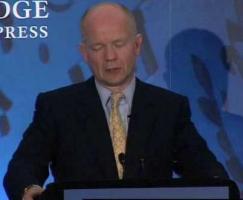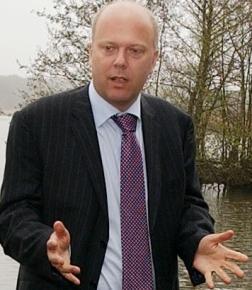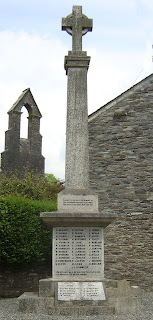 |
| Angelina Weld Grimke |
One of my Poem-a-Day e-mails a few days ago introduced me to one entitled 'To Keep the Memory of Charlotte Forten Grimke' by Angelina Weld Grimke. Who were these women? And why did one eulogise the other? If you read the poem at the end of this post perhaps you'll agree that eulogy is the right way of describing it. Briefly, here's the story of two quite remarkable women and it takes us into an area that we don't hear much of in our history lessons in the UK.
 |
| Charlotte Forten Grimk |
Her niece, Angelina, lived with her aunty Charlotte during her teenage years, while her father served as the American consul to the Dominican Republic. She was born on February 27th 1880 in Boston. After graduating from the Boston Normal School of Gymnastics (now Wellesley College) in 1902, Angelina embarked on a career teaching English in Washington, D.C. that would last until 1926. It is during her teaching career that she begins to write. Her poetry, short stories and essays were published in The Crisis, Alain Locke’s The New Negro, in Countee Cullen’s Caroling Dusk and in Robert Kerlin’s Negro Poets and Their Poems. She is best known for her play Rachel, a three act drama that was performed by an all black cast in March of 1916. Published in 1920, the play was produced as a vehicle for the NAACP (National Association for the Advancement of Coloured
People. Founded in 1909, the NAACP is the oldest and
largest civil rights organization in the USA) to rally support against the film The Birth of Nation. In the production program of the play the NAACP qualifies Rachel as unprecedented, “This is the first attempt to use that stage for race propaganda in order to enlighten the American people relating to the lamentable condition of ten millions of colored citizens in this free republic.”
After her father died, Angelina moved to New York and never published again. Dying in 1958, she is regarded as a forerunner of the cultural awakening of black art and expression.
At a distance, it's difficult for someone in the UK to fully appreciate the difficulties Charlotte and Angelina faced and the determination they must have shown in pursuing their aims. I think it's right that we keep the memories of both of them, albeit briefly.
To Keep the Memory of Charlotte Forten Grimke
by Angelina Weld Grimke
by Angelina Weld Grimke
Still are there wonders of the dark and day;
The muted shrillings of shy things at night,
So small beneath the stars and moon;
The peace, dream-frail, but perfect while the light
Lies softly on the leaves at noon.
These are, and these will be
Until Eternity;
But she who loved them well has gone away.
Each dawn, while yet the east is veiléd grey,
The birds about her window wake and sing;
And far away each day some lark
I know is singing where the grasses swing;
Some robin calls and calls at dark.
These are, and these will be
Until Eternity;
But she who loved them well has gone away.
The wild flowers that she loved down green ways stray;
Her roses lift their wistful buds at dawn,
But not for eyes that loved them best;
Only her little pansies are all gone,
Some lying softly on her breast.
And flowers will bud and be
Until Eternity;
But she who loved them well has gone away.
Where has she gone? And who is there to say?
But this we know: her gentle spirit moves
And is where beauty never wanes,
Perchance by other streams, mid other groves;
And to us here, ah! she remains
A lovely memory,
Until Eternity;
She came, she loved, and then she went away.
She came, she loved, and then she went away.























